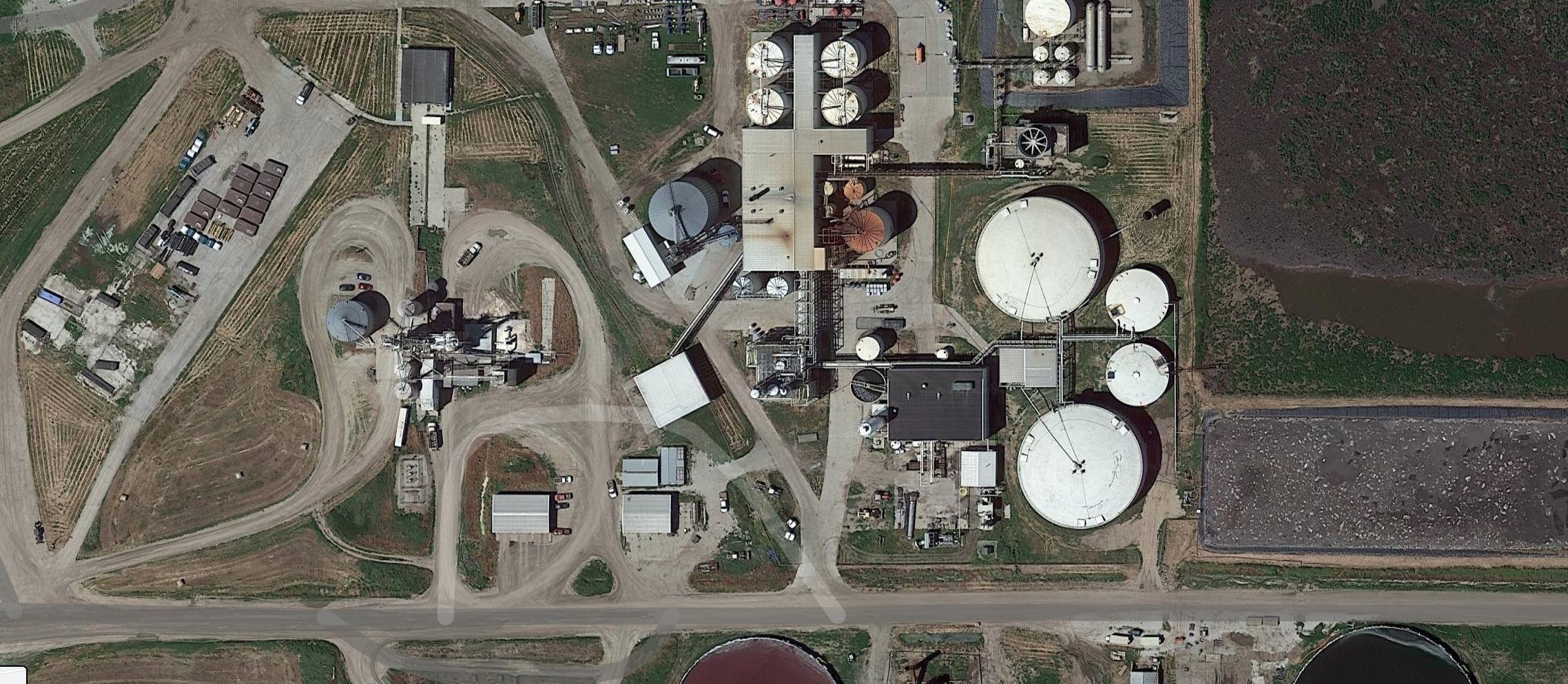
It turned out to be too good to be true. Back in 2015, six leading seed companies believed they had found an efficient, cost-effective way to dispose of unused seed that had been treated with pesticides and fungicides. Kansas-based biofuel concern AltEn would take the seed, transform it into ethanol and sell the resulting byproduct, called wet cake, to farmers, to use as fertilizer. Just for reference, most ethanol plants produce the fuel using harvested corn or grains, which are safe for human consumption, and dispose of the waste with minimal risk to people or the environment. AltEn soon housed one of the largest stockpiles of surplus seed corn in the U.S., and most of those seeds were coated with neonicotinoids, aka “neonics.”
What could possibly go wrong, you ask? Testing revealed that AltEn’s wet cake contained more than 1,000 times the level of toxins allowed by law. By 2021, when the plant shut down, it may have processed more than 1 billion pounds of neonic-treated seeds. Prevented by the state of Nebraska from selling the contaminated wet cake, the company simply stacked 115,000 tons of the stuff at its production facility just outside Mead, Nebraska. Some had already been spread across area farms.
Area residents complained of the stench emanating from AltEn seed piles and worried about potential health impacts, including perceived threats to groundwater.
So, where do things stand now? AltEn ceased operations in Nebraska. But the work of the six seed companies (AgReliant, Bayer, Becks, Corteva Agriscience, Syngenta and Winfield United) was just beginning.
The coalition they formed, the AltEn Facility Response Group, is paying for the entire cost of the cleanup, which is being led by NewFields, an environmental, engineering, construction and consulting firm. So far, the companies have invested more than $28 million in the effort.
Plans call for mixing bentonite into the wet cake, which has been buried temporarily under concrete and clay, to reduce its moisture content and convert it into solid waste. A pilot project will transport 24,000 tons of waste to the Pheasant Point landfill in Bennington, Nebraska, which is operated by WM (formerly known as Waste Management). After consultants thoroughly vet the pilot process, and make appropriate updates, Pheasant Point will eventually store all 115,000 tons of AltEn’s solid waste. At every stage, NewFields and its contractors will do all they can to ensure that the public is protected from dust and odors. Before leaving AltEn property, for example, loaded trucks will be cleaned and covered in plastic, “like a big burrito,” said Bill Butler, New Fields’ senior engineer and partner.
The site’s approximately 13.4 million pounds of treated and discarded seed will be incinerated in Tulsa, Oklahoma, at a “waste-to-energy” facility operated by Covanta. Steam produced by this process will drive a turbine that generates electricity for residential use. Again, at every point in the process, contractors will protect the public from odors and dust.
Due to the magnitude of the mess, cleanup could take many more months, if not years.
Meanwhile, UNMC’s College of Public Health and Creighton University have been studying potential impacts on the health of Mead-area residents. Although the study confirmed the presence of pesticides in urine, the sample size was small and comparable to concentrations found in a 2015-16 Centers for Disease Control study of the general population. A few test subjects had higher concentrations of the insecticides. Over time, neonic concentrations decline, said Eleanor Rogan, an associate dean at UNMC’s College of Public Health. Tests showed no evidence of pesticide contamination in Mead’s source of drinking water.
Rogan emphasized that the studies constitute a snapshot in time, but that, currently, they do not demonstrate a link between any health conditions and exposure to chemicals from the AltEn plant. She added that the science evolves, and that experts are still learning about the effects of neonicotinoids on humans.
And what’s happened to AltEn? The seed company coalition, AltEn Facility Response Group, has filed a lawsuit against AltEn and some companies tied to AltEn’s original owners, seeking to freeze their assets. In addition, one coalition company has claimed in a court filing that an AltEn owner has shifted assets to avoid paying for the cleanup.
Sources for this article include: Lincoln Journal-Star, University of Nebraska Medical Center College of Public Health, NewFields.com, and Progressive Farmer, powered by DTN.










